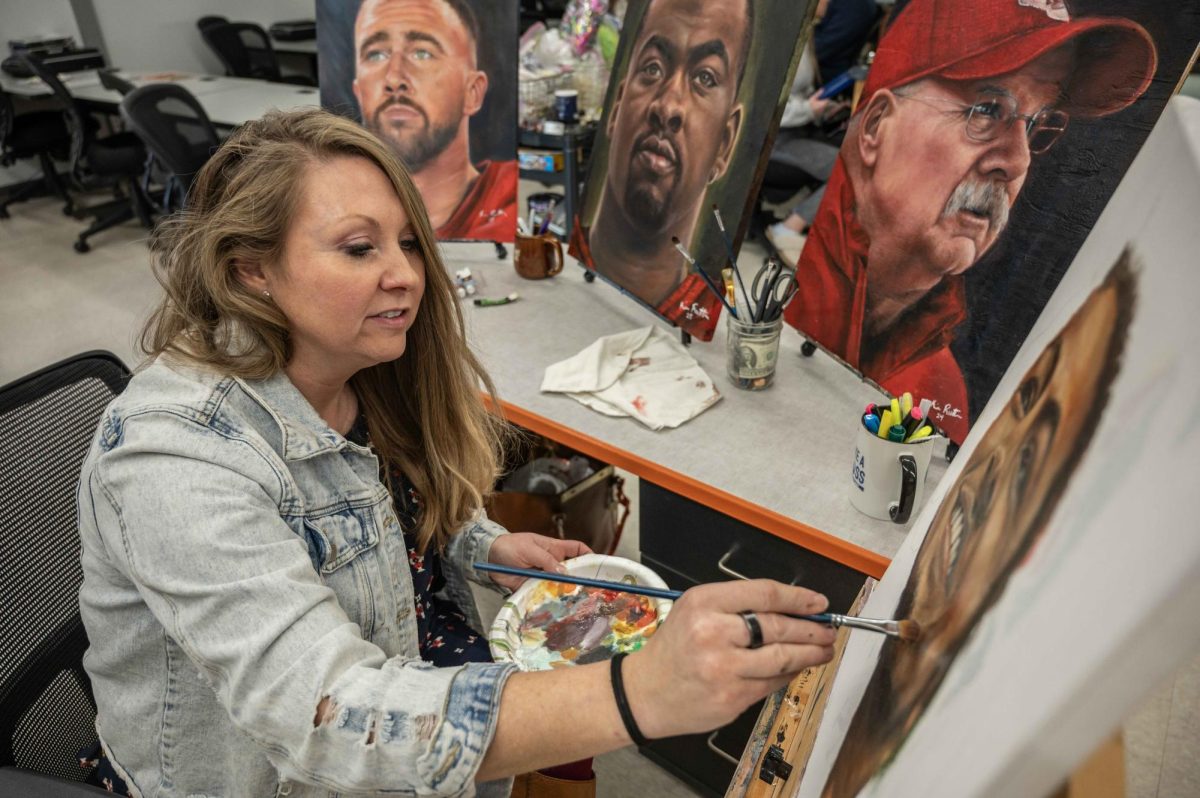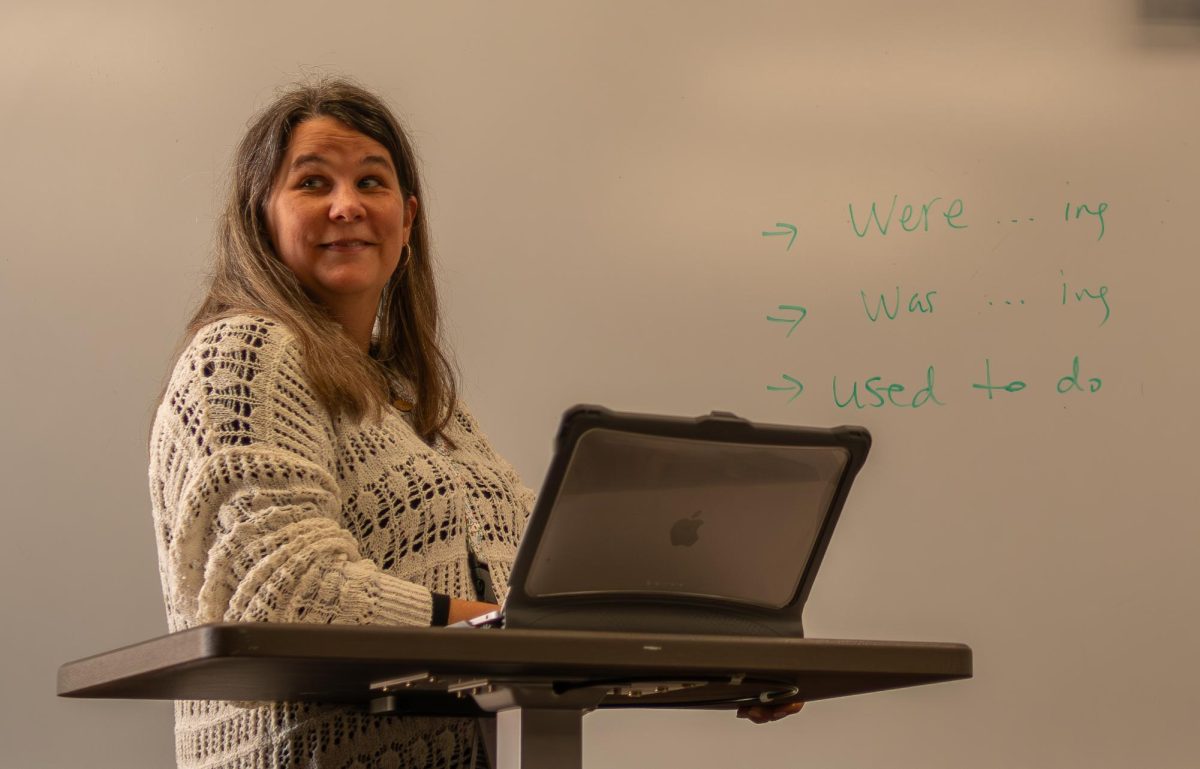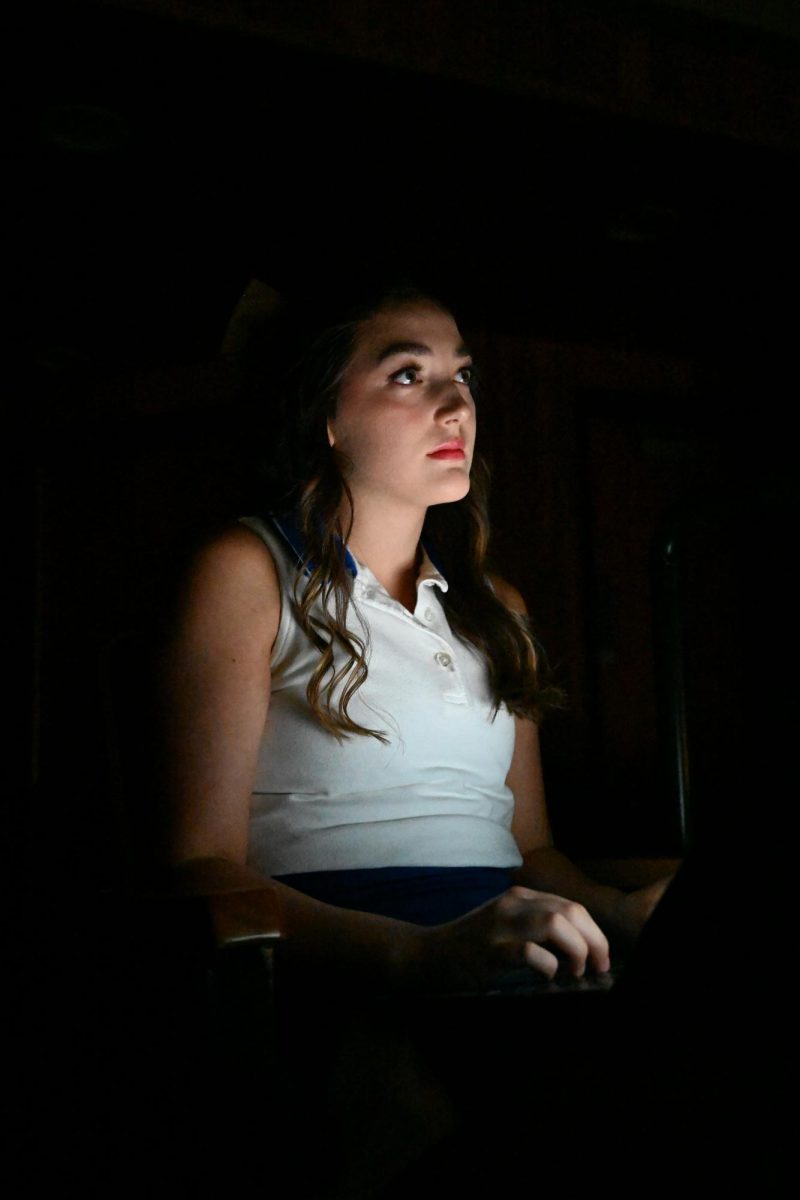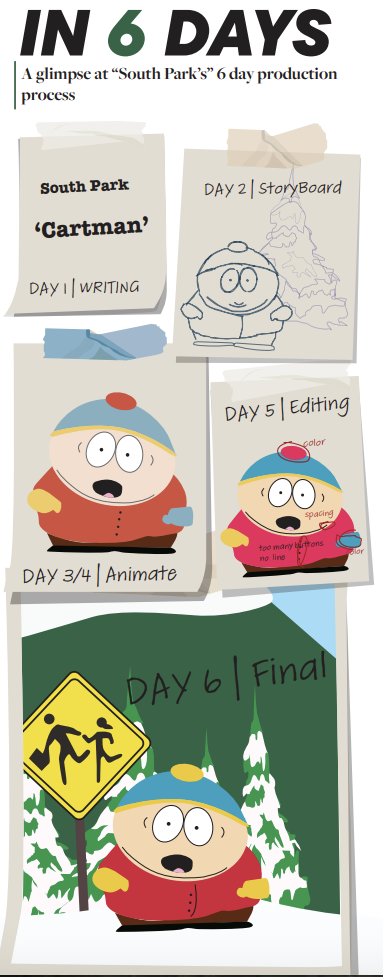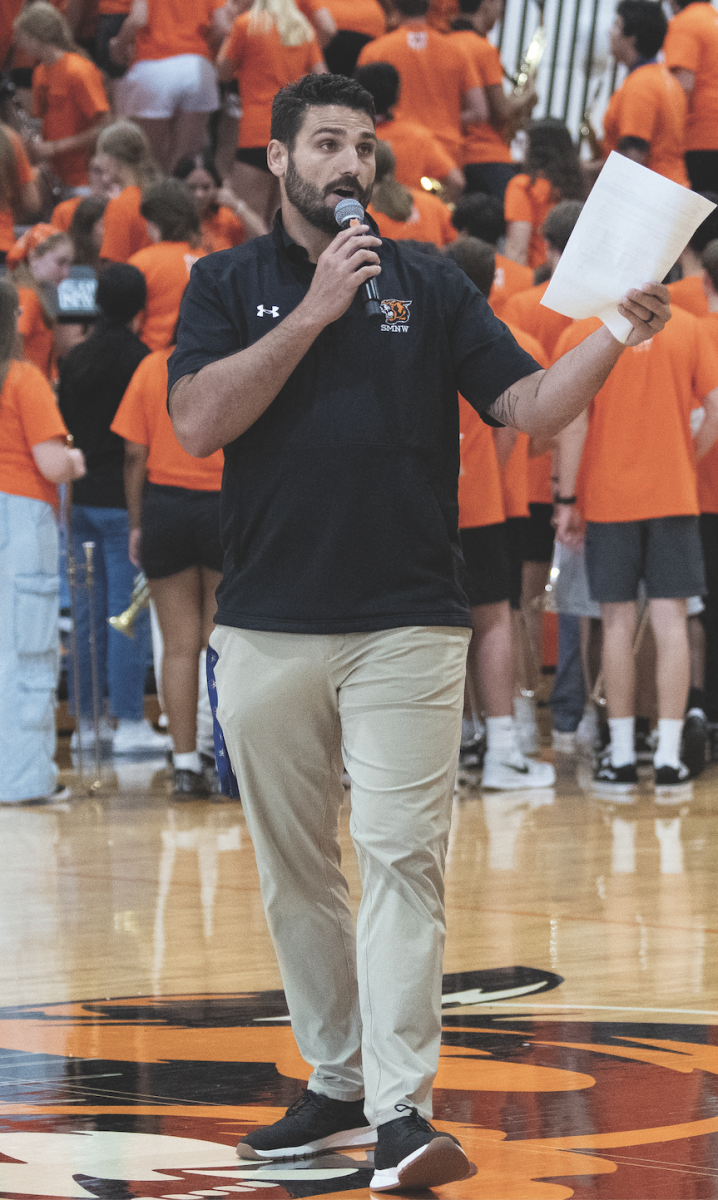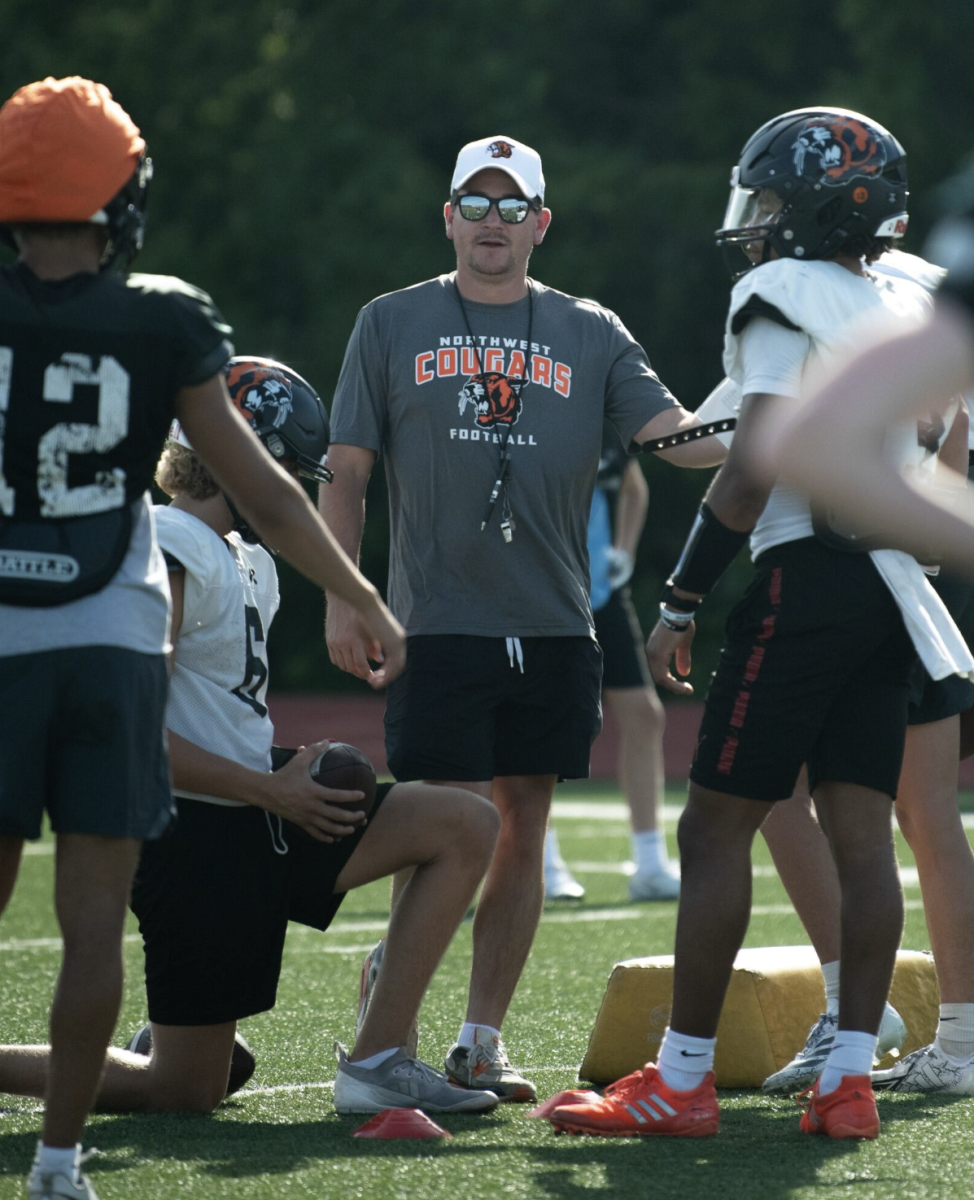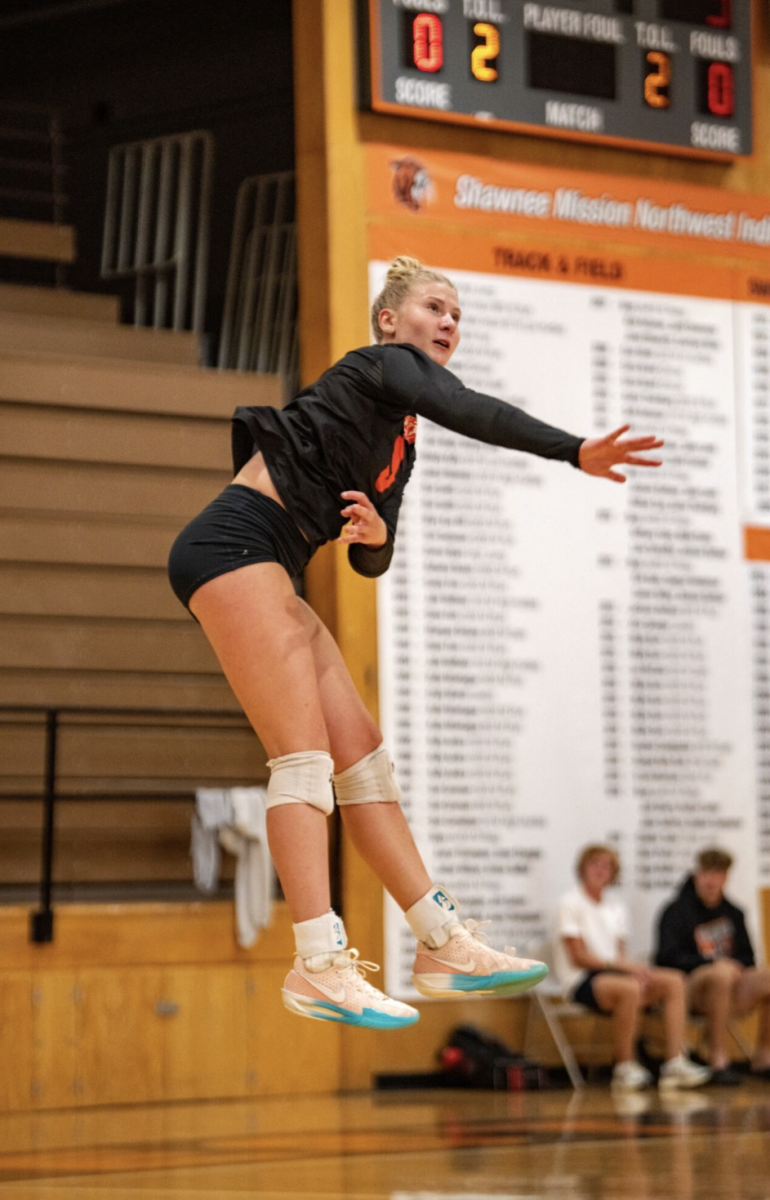Teenagers need about nine hours of sleep each night, but, for most high school students with homework, jobs and athletics, getting enough sleep is almost impossible.
On average, sophomore Liz Nelson gets about seven hours of sleep a night. Nelson goes to bed at 11:30 p.m. and wakes up around 6:45 a.m, at least 15 minutes after her alarm goes off.
“I usually wake up late because I’m tired,” Nelson said. “I intend to get up at 6:30, but I tell myself ‘five more minutes’ because I’m so tired.”
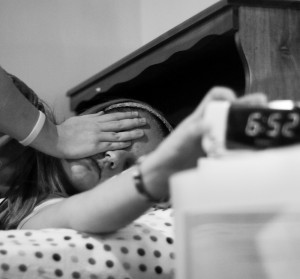 According to the American Psychological Association, adolescents need at least nine hours of sleep a night. If Nelson needs to wake up at 6:30 a.m. that means going to bed no later than 9:30 p.m. For most high school students, including Nelson, that is next to impossible.
According to the American Psychological Association, adolescents need at least nine hours of sleep a night. If Nelson needs to wake up at 6:30 a.m. that means going to bed no later than 9:30 p.m. For most high school students, including Nelson, that is next to impossible.
On the national level, only 15 percent of high school students get more than eight and a half hours of sleep, on average, each night. The average amount of sleep for high school students is 7.2 hours, according to sadd.org.
With a sport every season, Spirit Club executive board, two honors classes and a part-time job at Park Lanes Family Fun Center, Nelson only gets about seven hours of sleep each night. Another reason she doesn’t get more sleep is due to personal electronics. Once she gets home from her athletic practice or Spirit Club event, she gets on Facebook or talks to her friends on the phone. Nelson will spend around an hour on the phone or staring at the computer before she even begins her homework.
When Nelson gets to school at 7:10 a.m., she goes straight to her locker to finish the homework she fell asleep trying complete the previous night.
But Nelson isn’t the only one who doesn’t sleep as much as she should. Students have sports practices, jobs, homework and other responsibilities every night. Freshman Jaylyn Jenks has three hours of basketball practice every night, along with the homework from her honors classes to finish when she gets home.
“I tell myself to do my homework quicker and not waste so much time being dumb, but I can’t. I have to watch my stupid TV show or take hours to eat my dinner. But I get up fairly early every morning and don’t go to bed until pretty late at night, so I am for sure sleep deprived,” Jenks said.
Jenks also has basketball practice on Saturday mornings, so she can’t sleep in then, which is when many teenagers try to catch up on their sleep. But according to the American Psychology Association, “catching up” on sleep on weekend mornings leads to worse-quality sleep. That’s because the first three to four hours are the most beneficial. Anything more than nine hours has no beneficial physical impact on a healthy person.
As people go through their teen years, they tend not to be able to fall asleep until later at night. According to the National Sleep Foundation, adolescents naturally go to sleep around 11 p.m.
“I try to go to bed early and can’t fall asleep for hours. It’s like a curse,” Nelson said.
Sleep deprivation in teenagers has lasting effects. According to the National Highway Traffic Safety Administration, drowsiness and fatigue cause more than 100,000 traffic accidents a year and young drivers are responsible for more than half of them. Lack of sleep can also lead to depression and other mental health problems. This occurs because during sleep, the brain processes emotions so that, upon waking, a person is able to be objective about her emotions. The brain also works to process and store information during sleep, therefore, a lack of sleep leads to the inability to retain information.
The National Sleep Foundation also notes that sleep deprivation can lead to weight gain as well because losing sleep can cause a tendency to eat more sweets and fried foods.
“If I don’t get enough sleep, stress affects me more. I’m irritable,” Neslon said. “I’ve gained weight because I’m sleep deprived.”
Multiple studies have also proven that students would perform better in school if they got more sleep. In 1998, two psychologists completed a study showing that students who earned “C’”, “D”s and “F”s in school got 25 fewer minutes of sleep on average per night. In 2001, a study at the University of Minnesota found that when the start time of school days was moved back 75 minutes, students reported getting more sleep on school nights and being less tired during the school day, which contributed to higher grades.
“If I got 30 more minutes of sleep each night, I would feel better,” Nelson said. “But an hour, that would do wonders for me.”


